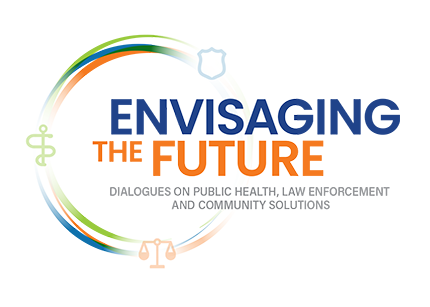There is increasingly strong evidence of the disproportionate criminalisation of people experiencing ‘neurodisability’ or ‘neurodiversity’ (Hughes et al, 2020a; Kinner et al, 2019; Williams et al, 2018; terms defined below). This includes consistent evidence of high rates of diagnosed ‘clinical disorders’ among those in custody, and the associated evidence of the failure of criminal justice and other services to therefore prevent their offending and re-offending. These failures relate to, among other factors, a lack of awareness among justice professionals about how to identify and support neurodisability and neurodiversity, as well as procedural barriers, which arise from the complexity and rigidity of many criminal justice processes (Hughes et al, 2020b). Such evidence has brought growing recognition of the need for reform, including in recent guidance on the implementation of the UN Convention on the Rights of the Child, and in the emergence of innovative practice in policing, courts, and interventions. It is timely to reflect on these approaches, as well as on continued barriers to their effective implementation.
In this special issue, we therefore welcome contributions that:
- Offer new evidence of the criminalisation of neurodisability and neurodiversity;
- Present evidence of emerging effective practice in support of neurodisability and neurodiversity within criminal justice settings;
- Provide reflections on criminal justice professionals understanding of neurodisability and neurodiversity or their responses in practice;
- Consider the application of particular terminology and frameworks in supporting people experiencing difference or difficulties, including in cultural contexts in which the application of neuropsychology may be problematic.
Timeline
The deadline for the submissions is 31st July 2022






